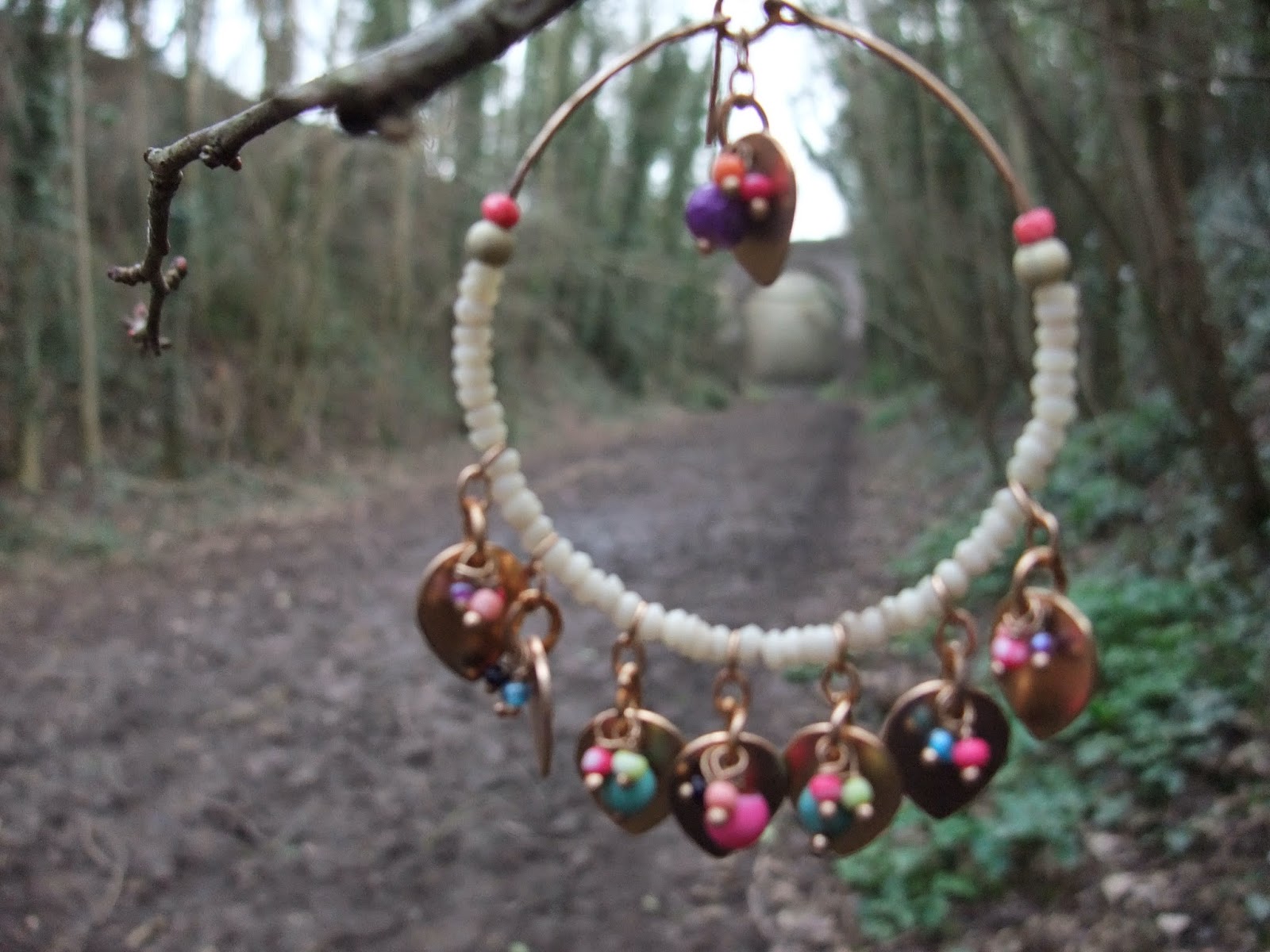He even found some treasure...
At home, we returned to our studies on the Romans. Charlie copied out a recipe for roast dormouse, a popular delicacy in Roman times.
We opted for chicken legs, rather than dormice, and used this recipe by Susannah Duffy. The recipe template comes from Twinkl, a fabulous website of primary resources. I took out a platinum subscription, which gives us access to everything on the site, and is worth every penny, in my opinion.
As Charlie loves cooking, I guessed that this recipe would be a fun way to make the subject of the Romans more interesting to him.
He enjoyed the preparation and served his 'dormice' for lunch for all of us, complete with a glass of 'wine' each (actually, elderflower). We were all quite taken aback by the flavour, which was quite different from anything we'd tasted before, and this led to an interesting conversation about how people from different times and cultures appreciate different tastes.
We have started studying the human body as part of our science studies. Charlie used more of our new Twinkl resources to label parts of the skeleton and identify bones on X-ray pictures.
He filled in the X-ray worksheet whilst waiting for me at the osteopath's, where I was being treated for neck and back pains. The osteopath brought out three of her models of the human skeleton for him to look at whilst he was there. The movable models - of a hand, a foot and a spine - were life sized and fitted with muscles and tendons. They were a wonderful and unexpected addition to his lesson.
We have also been studying volcanoes, as part of a Science/History topic (we are looking at the destruction of Pompeii in our Roman studies).
The above diagram - another one from Twinkl - was really helpful when I explained the process of volcanic eruptions to Charlie. We also watched this excellent video from Twig, which is available free on YouTube.
After reading the section on volcanoes in our Galore Park Junior Science book, we had a go at creating our own volcano.
 |
| A diagram from the Galore Park Junior Science book |
Charlie set about creating a volcano with playdough, adding small paper churches and buildings for effect.
We then added bicarbonate of soda to the crater and tipped vinegar over it to make it 'erupt'. Charlie carefully added 'lava' to the trails left by the eruption, demonstrating how volcanic eruptions change the shape of the mountain.
Our experiment ended with a super-explosion which thoroughly decimated the paper village, much to Charlie's obvious delight.
Afterwards, Charlie turned into a geologist by excavating some of the 'rock' with a plastic straw, which revealed how many different layers of rock there were in the volcano.
We continued our Roman studies by reading 'Escape from Pompeii' by Christina Balit. This is a strikingly illustrated children's book about the eruption of Mount Vesuvius in AD79. The story was perhaps too young for Charlie, but he appreciated the illustrations, particularly the one of the volcano exploding.
As well as keeping up with Maths, handwriting and tricky spellings, Charlie spent a lot of this week baking cupcakes from a new book called 'The Hummingbird Bakery Cookbook'. He shared his creations with us and with our neighbours, who grew used to a daily delivery of delicious cupcakes.
































